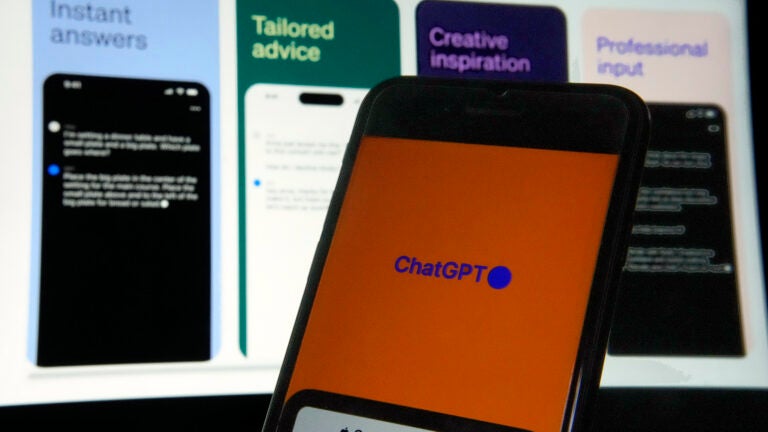
""It is infuriating." Sam, 62, was laid off in July and has spent the last three months fine-tuning his resume, tailoring cover letters, and even running his resume through an AI keyword scanner. "I went from 41% goodness of match to 44% goodness of match. At that point, I said, to heck with this. I'm not going to play this game.""
""The recruiters that are using AI, they're using it primarily as a filtering tool," said Patrick Cahill, founder of #twiceasnice Recruiting, a Boston-based national recruiting firm. "Is AI being used by a number of organizations? Yes, absolutely. Are applicant tracking systems trying to push AI tools more and more to the employers that are using them? They are. But it's not something we see a lot of our clients using on a regular, systematic basis," Cahill added."
Many companies facing large applicant volumes increasingly use AI-driven systems and applicant tracking systems to organize and rank submissions. Those tools are often applied as initial filters rather than comprehensive selectors. Mid-sized employers may still manually review many applications. Job-seekers report low response rates even after tailoring resumes and using AI keyword scanners, with small improvements in automated match scores. Frustration with opaque screening processes leads candidates to blame AI, but hiring outcomes also reflect broader market dynamics, company hiring practices, and the scale of applicant pools rather than solely automated rejection.
Read at Boston.com
Unable to calculate read time
Collection
[
|
...
]